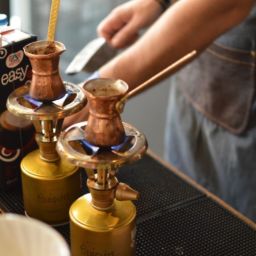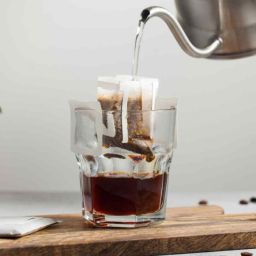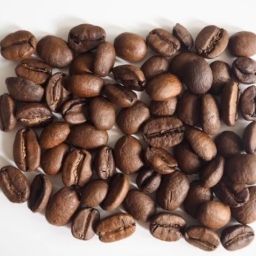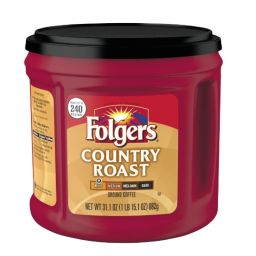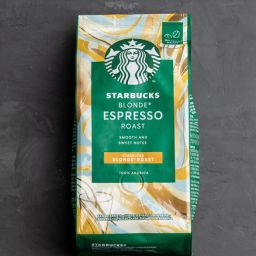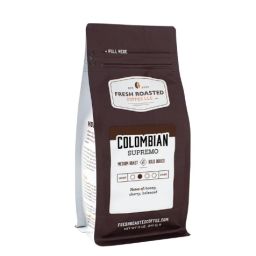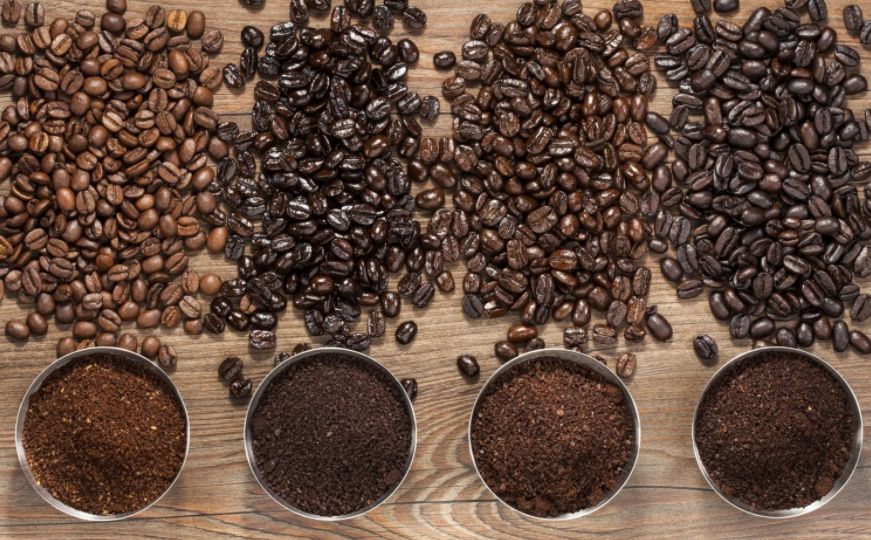
Many coffee enthusiasts believe that the darker the roast, the higher the caffeine content. This common perception stems from the bold, robust flavors associated with dark roast coffee, which seem to suggest a stronger caffeine punch. However, the reality of caffeine levels in coffee might be different from popular belief. This article aims to explore and clarify whether dark roast coffee actually contains more caffeine than its lighter counterparts.
Does Dark Roast Coffee Have More Caffeine?
Contrary to popular belief, dark roast coffee does not necessarily contain more caffeine than lighter roasts. In fact, the caffeine content in coffee beans remains relatively stable across different roasting levels. When coffee beans are roasted, the main changes involve flavor development and physical characteristics of the beans, not the caffeine.
Light, medium, and dark roasts generally maintain consistent caffeine levels, even though they differ significantly in taste and appearance. The roasting process primarily affects the bean’s moisture and size, with dark roasts often being lighter and puffier due to more moisture loss, yet this doesn’t equate to a higher caffeine content.
Key Takeaways
- Consistent Caffeine Content: Dark roast coffee does not have more caffeine by default. The roasting level does not significantly alter the amount of caffeine in the beans.
- Factors Influencing Caffeine: The caffeine content is more influenced by the type of coffee bean and the method used to brew the coffee. Arabica and Robusta beans, for instance, differ in caffeine, with Robusta containing almost double the caffeine of Arabica.
- Impact of Roasting on Beans: Roasting primarily affects the flavor profile and the physical size of the coffee beans. While it enhances the taste and aroma, it does not increase the caffeine stability.
Understanding Coffee Roasting
Coffee roasting is a transformative process that dramatically alters the beans from their raw, green state into the aromatic, flavorful beans we use to brew coffee. The process involves roasting the coffee beans at high temperatures, which causes several physical and chemical changes. First, the beans lose moisture and increase in size as they absorb heat, becoming lighter in weight but larger in volume. This expansion is similar to popcorn popping.
Chemically, the sugars and acids within the beans undergo caramelization and other complex reactions that develop the distinct flavors and aromas of coffee. Despite these changes, the caffeine content in the beans remains largely unchanged. Caffeine is a stable compound during the roasting process, so the perception that darker roasts have more caffeine because they taste stronger is a myth. In fact, the main impacts of roasting are on the beans’ flavor and physical appearance, not on their caffeine levels.
Factors Influencing Caffeine Content
Several factors influence the caffeine content of your coffee, and these play a more significant role than the roast level. The type of coffee bean is one of the most crucial factors. For example, Robusta beans naturally contain almost double the caffeine of Arabica beans. Therefore, a coffee blend using Robusta will inherently have more caffeine, regardless of whether it’s lightly or darkly roasted.
Another important factor is the grind size. Finer grinds expose more coffee surface area to water, allowing more caffeine to be extracted during brewing. Conversely, a coarser grind results in less caffeine extraction. Lastly, the brewing method itself significantly impacts caffeine content. Methods like espresso, which use high pressure, extract more caffeine in a short amount of time, compared to a method like cold brew, which extracts less caffeine over a longer period.
Misconceptions and Myths
There are several common myths regarding the caffeine content of dark roast versus light roast coffee that persist despite scientific evidence to the contrary. One prevalent misconception is that dark roast coffee, due to its strong, robust flavor, contains more caffeine than light roast. However, scientific findings show that caffeine content remains relatively stable across different roast levels.
The darker roast often has a more intense flavor not because of increased caffeine, but because of the caramelization of sugars and the breakdown of acids during the longer roasting process. Another myth is that the bitterness of dark roast implies higher caffeine, while in reality, bitterness and caffeine content are not directly correlated. Understanding these facts helps coffee drinkers make more informed choices based on actual effects rather than myths.
Choosing Your Coffee Roast
When selecting your coffee roast, consider both your flavor preferences and your desired caffeine intake, though it’s important to remember that roast level does not significantly impact caffeine content. If you prefer a smoother, sweeter taste with subtle complexities, a light roast may be your best choice.
These roasts typically preserve the unique characteristics of the coffee bean’s origin. For those who enjoy a bolder, richer flavor with notes of chocolate or caramel, a medium to dark roast might be more appealing.
FAQs
Does the type of coffee bean affect caffeine content more than roast?
Yes, the type of coffee bean significantly affects caffeine content. Robusta beans naturally contain almost double the caffeine of Arabica beans. Therefore, the choice between Arabica and Robusta beans will have a more pronounced effect on your coffee’s caffeine level than whether the coffee is light or dark roast.
How does the brewing method impact caffeine extraction?
The brewing method plays a crucial role in how much caffeine is extracted from coffee beans. Espresso machines use high pressure to quickly extract coffee, resulting in a beverage rich in caffeine despite the small serving size. In contrast, methods like French press or cold brew involve longer brewing times or lower temperatures, which can lead to different levels of caffeine extraction based on time and temperature.
Can decaffeinated coffee beans be completely caffeine-free?
Decaffeinated coffee beans are not completely caffeine-free. While decaffeination processes remove the majority of caffeine, a small amount typically remains. This residual caffeine can vary but is usually a minimal percentage compared to regular coffee.
Final Thoughts
This exploration into dark roast coffee and caffeine content has debunked some common myths and clarified key aspects of coffee brewing and bean selection. We’ve learned that caffeine content remains fairly stable across different roast levels and that factors such as bean type and brewing method have a more significant impact on caffeine levels. Choosing a coffee roast should, therefore, be based more on your flavor preferences than on misconceptions about caffeine content.


